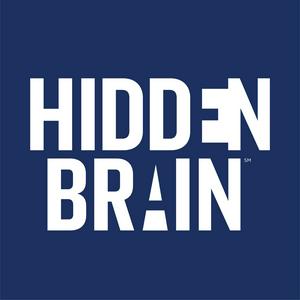All of us want to "seen" by the people around us. We want to be recognized as unique individuals. Yet the experience of being seen in this way can be dispiritingly rare. This week, we kick off our "Relationships 2.0" series by talking with researcher Allison Pugh about the psychological benefits of what she calls "connective labor." She explains why this labor is often overlooked, and how to cultivate the superpower of making other people feel seen. In this episode, you'll learn: *The definition of connective labor, and why this skill is like "engine grease" for our personal and professional relationships.*Why connective labor is vital to success in a surprisingly broad array of careers. *The gender stereotypes around connective labor, and why these stereotypes overlook the role that men play as connectors. *How connective labor affects our mental and physical health.*How connective labor by teachers may affect students' ability to learn. *How to slow down in interactions with other people and explore the emotional context behind their words. If you have a follow-up question for Allison Pugh after listening to this episode, and you’d be willing to share it with the Hidden Brain audience, please record a voice memo on your phone. Once you’ve done so, email it to us at
[email protected]. Use the subject line “connection.” And thanks for listening!

